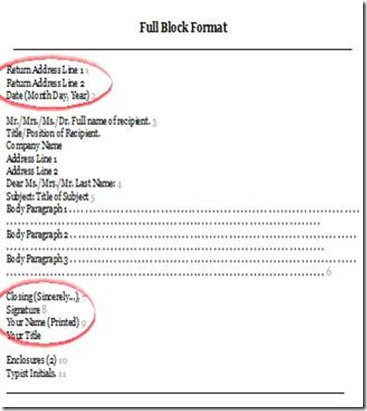The following are the materials that I have post :
1. Blaming and accusing someone
2. Admitting mistakes and making promises
3. 2nd and 3rd conditional sentences
4. Making suggestion and requesting something
5. Complaining and giving instruction
6. Explanation text
7. Business letters
8. Asking about possibilities, expressing curiosity and desire, expressing views
9. Discussion
10. Contrastive conjunction and Modal perfect
11. Persuading and encouraging, preventing someone from doing something
12. Narrative text
13. Direct-indirect speech
14. Passive sentences

![clip_image001[10] clip_image001[10]](http://lh4.ggpht.com/-T9ca6gccRdc/UKoa_9gWo7I/AAAAAAAAAEk/u_AvhbKWY6E/clip_image001%25255B10%25255D_thumb%25255B6%25255D.gif?imgmax=800)